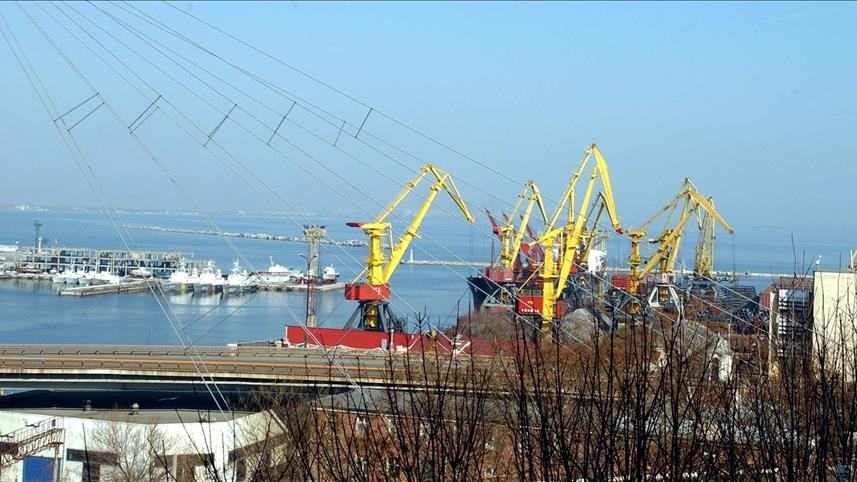Serbia, N.Macedonia, and Albania agree to jointly tackle energy challenges
Region's energy security in crisis situations necessitates solidarity, and collaborative engagement on strategic projects, says Serbian minister

BELGRADE, Serbia
North Macedonia and Albania have accepted Serbia's initiative to form a joint working group for cooperation in the energy crisis and on strategic projects, said the Serbian energy minister and deputy prime minister on Tuesday.
Zorana Mihajlovic made the announcement in Tirana, Albania's capital, where she is attending the Open Balkan initiative, which supports joint economic strategies in the Western Balkans.
She said the region's energy security in crisis situations necessitates solidarity, connection, and collaborative engagement on strategic projects.
"All of us in the region are under great pressure to ensure that everything is in place for the winter. However, it is important that, in addition to solving current supply problems, we also discuss strategic projects and potential joint investments, which will make the entire region more energy stable," she explained.
She added that Serbia's proposal was to form a joint working group of three countries that will deal with solving energy problems this winter, as well as possible collaboration on significant strategic projects.
"I expect that from next week we will begin working within the working group and present proposals for joint investments to the presidents and prime ministers of our countries, whether it is about solar power plants, wind power plants, joint balancing, market connection, gas interconnections, or possibly even underground gas storages,'' she said.
In early June, members of the Open Balkans initiative held a meeting in Ohrid, North Macedonia, where the meeting was concluded with three memorandums of understanding and an agreement.
Kosovo is the only one of the six western Balkan governments that has refused to join the Open Balkan initiative.
The initiative is an economic and political zone of three Balkan states: Albania, North Macedonia, and Serbia. It aims to provide greater trade and student exchange opportunities for an estimated total population of 12 million people, as well as to encourage EU integration of member countries.
In April, Serbia opened a special section at its border gates for commercial vehicles as part of the Open Balkans initiative to create a joint economic zone in the Western Balkans.




